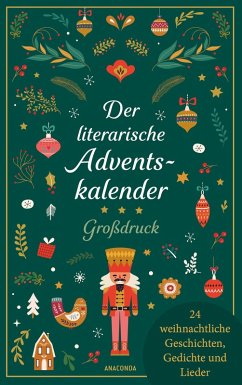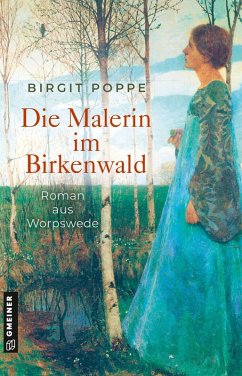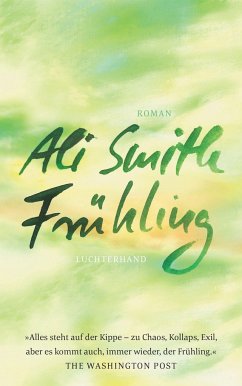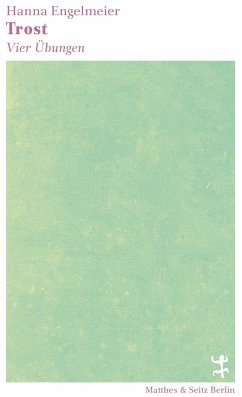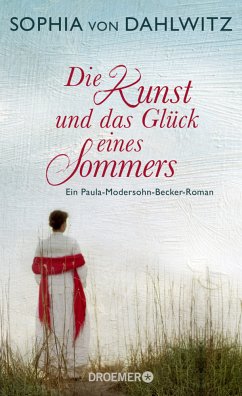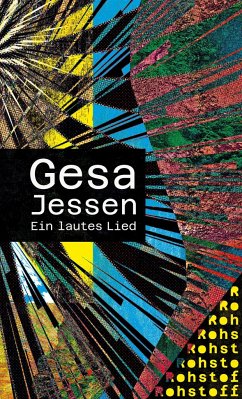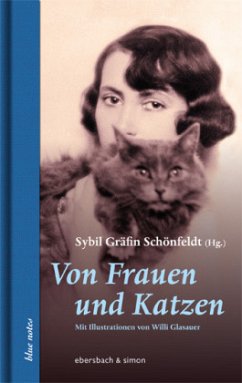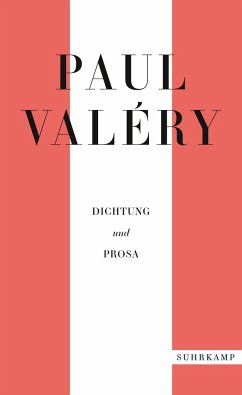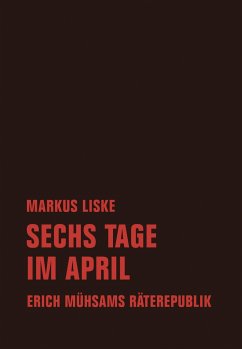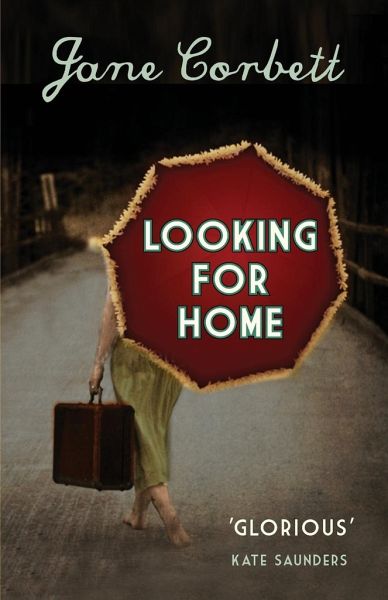
Looking for Home

PAYBACK Punkte
7 °P sammeln!
1990. Eli, a young art journalist with an interest in the painter Balthus, flies to Berlin to find out more about the mysterious artist whose refusal to divulge any biographical details sparks her interest. The Wall has fallen, but the city is uneasy. She falls in love. 1906. Merline, a gifted Jewish artist, trapped in a loveless marriage and shortly to be exiled from her beloved Paris, finds companionship in the poet Rainer Maria Rilke. War is looming on the horizon, and as life in Germany grows harsher, Merline’s health deteriorates as she pines for the man whose words are all of human fee...
1990. Eli, a young art journalist with an interest in the painter Balthus, flies to Berlin to find out more about the mysterious artist whose refusal to divulge any biographical details sparks her interest. The Wall has fallen, but the city is uneasy. She falls in love. 1906. Merline, a gifted Jewish artist, trapped in a loveless marriage and shortly to be exiled from her beloved Paris, finds companionship in the poet Rainer Maria Rilke. War is looming on the horizon, and as life in Germany grows harsher, Merline’s health deteriorates as she pines for the man whose words are all of human feeling, but whose heart remains locked away in his castle of solitude. Eli discovers a series of letters between Merline and René, as she researches deeper into the life of Balthus, Merline’s precocious and gifted son. Eli finds herself drawn deeper into the letters and the world they hint at tantalisingly, as they begin to take on significant parallels in her own life.





